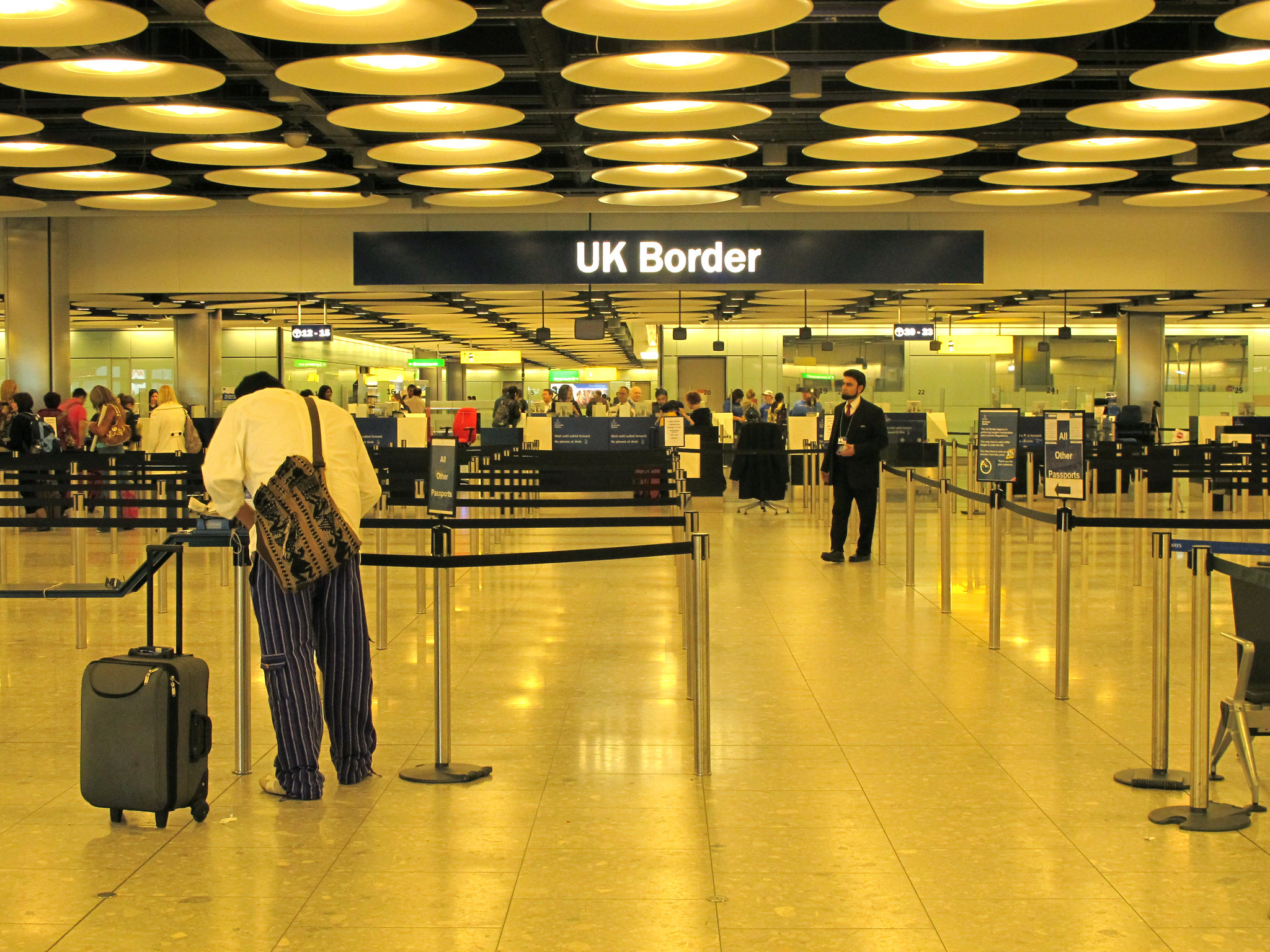Following a decision by the Council, the government in Great Britain has to work through a long list of shortcomings regarding participation in Europe’s largest police database. Although most omissions are even classified as serious and should therefore be rectified “without delay”, the British Home Office remains stubborn. Actually, such cases should lead to a decoupling.
The British government does not want to repair several errors in the national implementation of the Schengen Information System (SIS). The EU Commission had called for 34 shortcomings to be remedied, but according to a now published note from Brussels, Britain is only following six of these recommendations. Among the persistent shortcomings are the creation of copies of the SIS or the lack of assistance in searches from the associated Schengen countries. Measures such as making the SIS easier to use or the installation of a screen so that the contents of the screen cannot be viewed during a border check have however been implemented.
The SIS II is the largest European database used by police forces and secret services and other authorities. All 28 Member States of the European Union participate in it, plus Iceland, Norway, Liechtenstein and Switzerland. Alerts may be issued for arrest, refusal of entry or discreet surveillance of persons and objects. The SIS currently contains around 90 million entries and the system performs around 220 searches per second.
25 serious deficiencies
After several years of examination and the transmission of the list of deficiencies in February, all other EU Member States had demanded an action plan from Great Britain in an implementing decision. In it, the government was to set out how and within what time frame the Commission’s recommendations would be implemented. A special focus was on the first 25 shortcomings on the list, which are classified as serious and should therefore be corrected without delay.
Although the government in London responded within the deadline, the action plan presented is generally considered “not adequate” by the Commission. Great Britain does not want to implement three of the outstanding recommendations at all, up to four only partially and only two fully. For many of all other measures, the government is demanding long implementation schedules. Since Great Britain will leave the European Union on 31 January 2020 after three extensions, these shortcomings would not be remedied de facto either.
Many delays are due to the fact that the British information systems in the police and border police sector are to be restructured over a period of several years. For this reason, it is currently not possible to synchronise the various national copies of the SIS. As a result, some British officers do not receive any indication, for example, whether the person concerned should be arrested when they are checked. On the other hand, it may also happen that an action is taken even though the Member State issuing the alert has already deleted an alert. One of the serious shortcomings is the mirroring of the SIS by private IT service providers.
Negotiations on “security partnership”
By 5 June, the British government must provide the 27 other EU Member States with the information requested on the open issues. The Commission remains responsible for assessing them and the Council can then impose consequences. If Great Britain insists on the misuse of the SIS, the EU27 could even decide to disconnect the country from the database.
But that is unlikely to happen. However, the EU could consider the refusal from London as leverage in the current negotiations on a “Security Partnership” with the UK. The government there intends to continue to participate in the exchange of police information with the member states and agencies of the European Union.
Image: Parto Domani, CC-BY-NC-SA 2.0





Leave a Reply